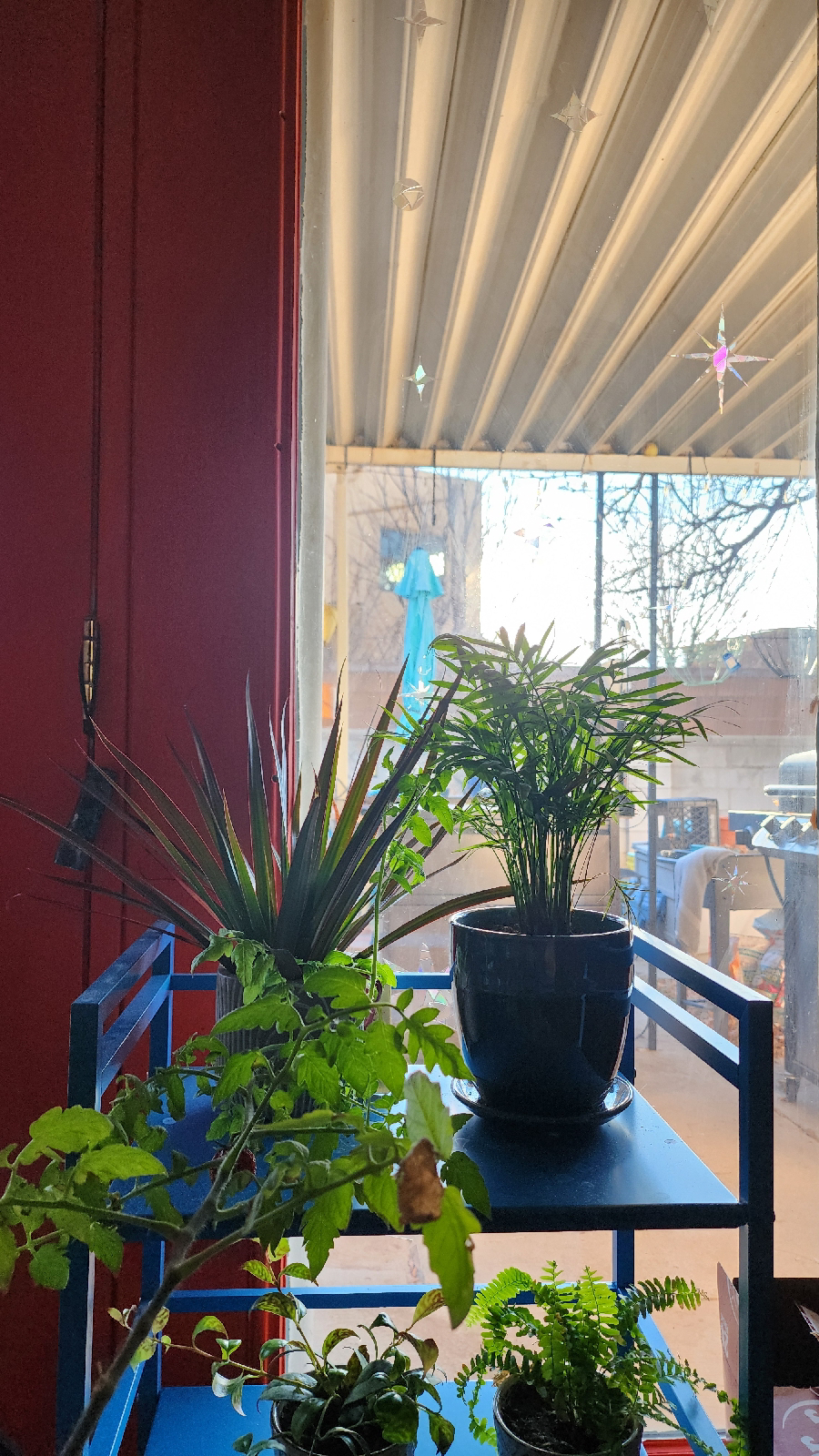An Ounce of Prevention
“An ounce of prevention is worth a pound of cure.”
― Benjamin Franklin
This is another aspect of the Coronavirus pandemic that I am working to process. I am thinking out loud here so bare with me. As with my previous story I am still in the middle of the unfolding of the situation, and as I’m finding, the answer may not come for years and may take several congressional investigations among other things.
Below are some of the resources I’ve collected on the subject. If you know of others, please share in the comments.
Circle of Health via https://www.scitecheuropa.eu/local-to-global-impact-in-health-promotion/97589/
“The U.S. government should re-establish a directorate for global health security and biodefense on the National Security Council (NSC) staff and should name a senior-level leader in charge of coordinating U.S. efforts to anticipate, prevent, and respond to biological crises. These actions will ensure that the necessary leadership, authority, and accountability is in place to protect the United States from a deadly and costly health security emergency….It remains unclear who would be in charge at the White House in the case of a grave pandemic threat or cross-border biological crisis, whether natural, accidental, or deliberate.”
Asked at a congressional hearing on March 11, 2020 whether it was a mistake to eliminate the office, Anthony S. Fauci, who runs the National Institute of Allergy and Infectious Diseases, diplomatically said: “I wouldn’t necessarily characterize it as a mistake. I would say we worked very well with that office. It would be nice if the office was still there.”
"The American disease expert, a medical epidemiologist embedded in China’s disease control agency, left her post in July, according to four sources with knowledge of the issue. The first cases of the new coronavirus may have emerged as early as November, and as cases exploded, the Trump administration in February chastised China for censoring information about the outbreak and keeping U.S. experts from entering the country to help.
“It was heartbreaking to watch,” said Bao-Ping Zhu, a Chinese American who served in that role, which was funded by the U.S. Centers for Disease Control and Prevention, between 2007 and 2011. “If someone had been there, public health officials and governments across the world could have moved much faster.”
Wow! What timing to have done a drill that unfolded much like COVID-19 is now:
The big picture: The world had its chance to prepare. We failed — and now we'll pay the price.Flashback: Last October the Johns Hopkins Center for Health Security (JHCHS) put on a high-level pandemic simulation focusing on a fictional global outbreak caused by a novel coronavirus that spilled over from animals to humans.
- Called Event 201, the exercise brought together policymakers and disease experts to debate how they would respond to the simulated pandemic, in an effort to map out how they could combat a real one.
Along with other reporters, I was there to observe the proceedings. What happened during the fictional pandemic eerily presaged the challenges and conundrums the world is facing with COVID-19.
- Governments agonized about whether to ban public gatherings and block travel from infected areas.
- Misinformation — accidental and deliberate — spread over social media, and participants in the exercise struggled to control messaging.
- The economic effects of attempts to control the pandemic were as devastating as the disease itself, a dilemma compounded by the fact that participants had to make vital decisions with imperfect information about the virus—just as officials must do today.
The final results of the Event 201 simulation were horrific, with 65 million people dying in the exercise.
Why it matters: There's no way of knowing yet whether COVID-19 can cause damage on anything close to that scale. But Event 201 and other predictions about the rising threat from new infectious disease gave us plenty of warning about what the world is facing today.
- Despite that, in the years before the coronavirus outbreak, the Trump White House dismantled the National Security Council's global health security unit and drastically cut the CDC's global health section.
- Local health departments lost more than 55,000 workers between 2008 and 2018, according to the Trust for America's Health.
- "There are major global vulnerabilities and challenges in pandemic preparedness and it will require collaboration between global business, governments and international organizations to address them," said Tom Inglesby, director of JHCHS.
If the current coronavirus can't be contained, the world will fall back on mitigation. But few countries are adequately prepared for what would come next — including the U.S.
- Problems with tests have slowed the diagnosis of suspected cases in the U.S., giving the virus time to gain a foothold.
- HHS official Robert Kadlec told a Senate hearing on March 2 that the U.S. had just 10% of the respiratory masks needed to combat a "full-blown" pandemic.
- "At this point it's tricky to think that this will be kept from becoming endemic," said Jonathan Quick, a former WHO official and the author of The End of Epidemics.
The bottom line: Too often our response to public health disasters cycles between "crisis and complacency," in the words of a 2019 report from the Center for Strategic and International Studies. But we can see these catastrophes coming all too well.
#COVID19 #Coronavirus #Prevention

